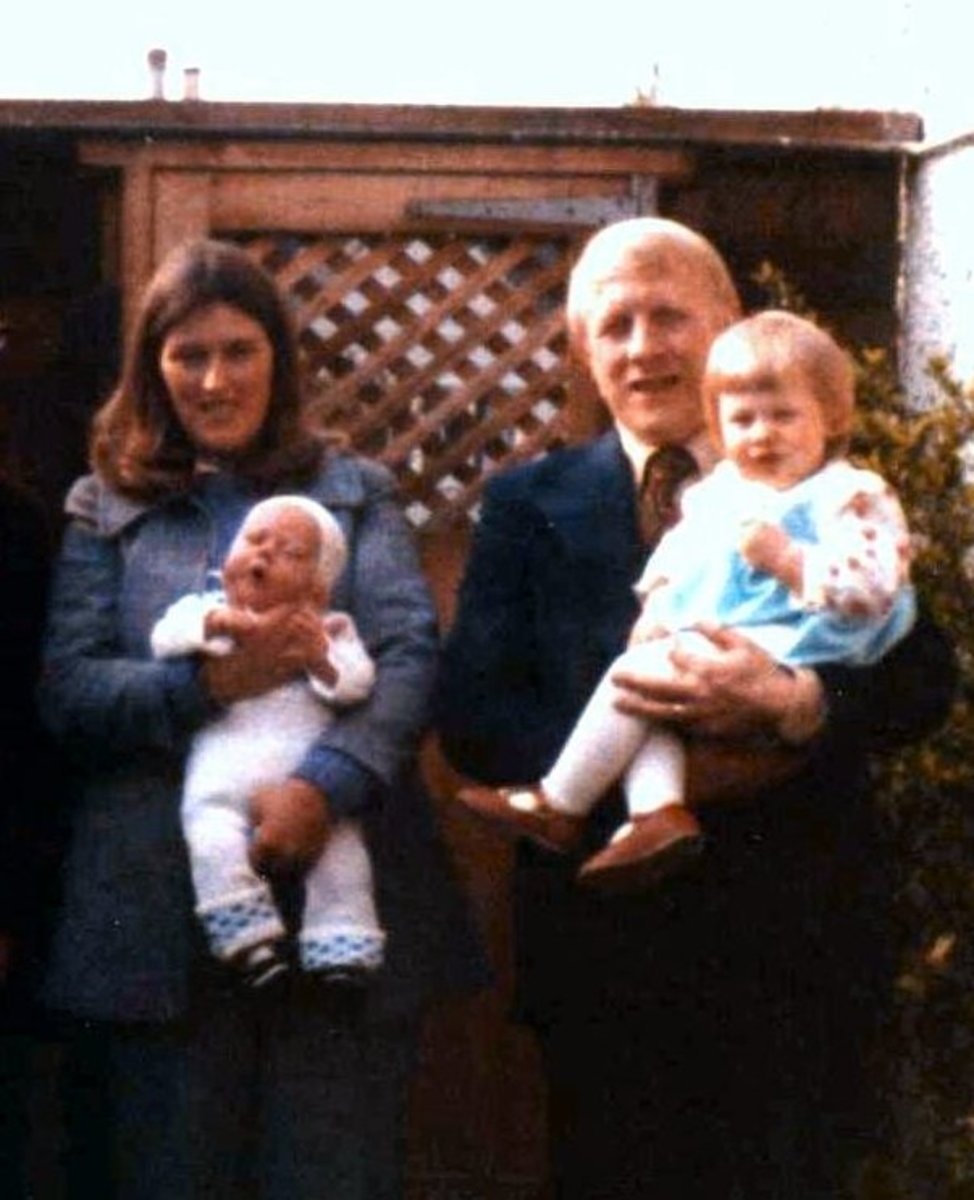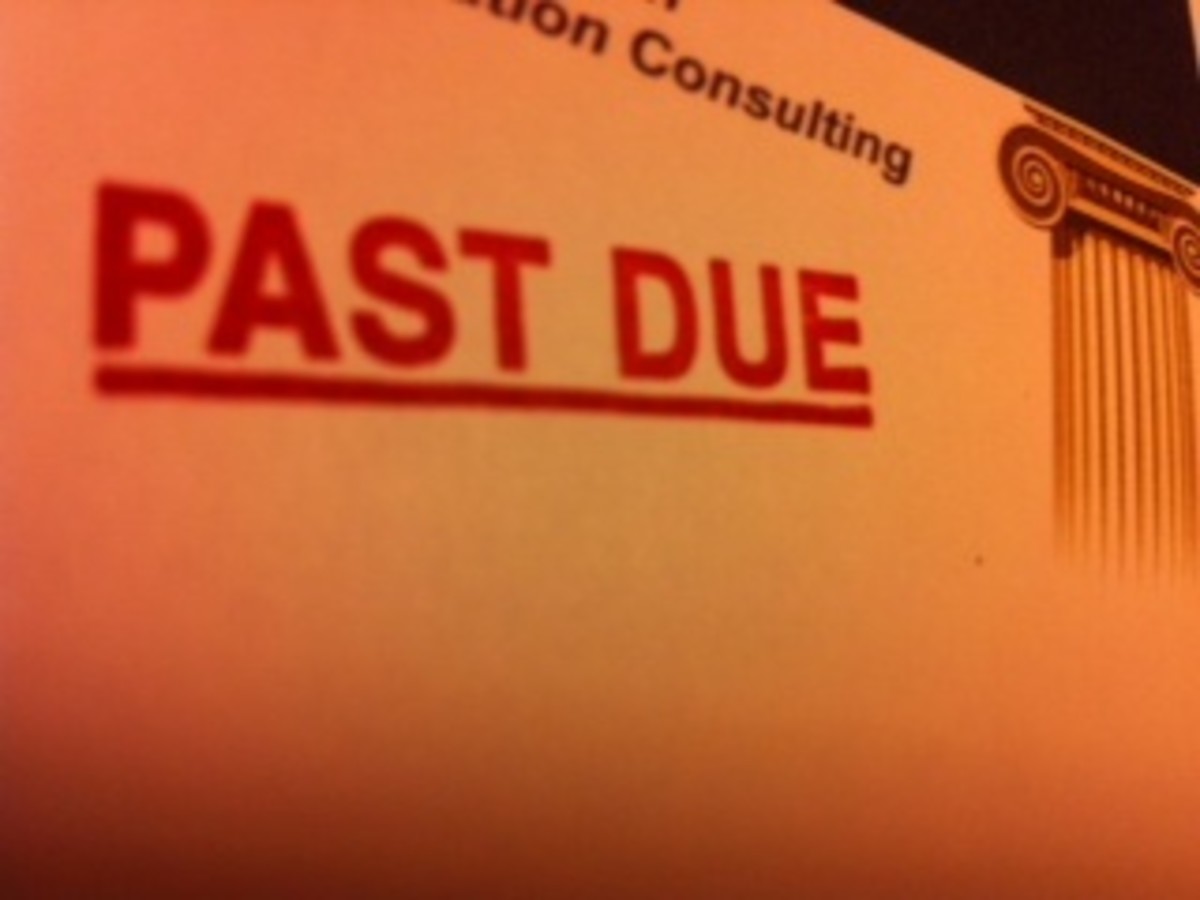Can a Lender Foreclose if You've Filed Bankruptcy Recently?
Bankruptcy and foreclosure laws are both complicated and confusing, and it gets even more complicated when you are dealing with both. The effect your bankruptcy will have on foreclosure, if any, depends on the type of bankruptcy as well as the timing.
First let's talk about the timing. Going through bankruptcy only affects the debts you have at the time of the bankruptcy. If you incur more debts, such as a new mortgage, after your bankruptcy was filed, those debts are subject to the terms you agreed on when you took on the debt.
In other words, yes your mortgage holder can foreclose regardless of whether you have a past bankruptcy on your record no matter how long it has been. If it has not been long enough since your bankruptcy that you can file again, there is no way you can use bankruptcy to stop your foreclosure.
When You Can Use Bankruptcy to Stop Foreclosure
On the other hand, if it has been long enough since your bankruptcy that you can file again, you may be able to use a bankruptcy to stop foreclosure and save your home. However, you will not be able to you this tactic if your bankruptcy is recent.
If it has been long enough and you want to try to use bankruptcy to file for foreclosure, you will need to file for chapter thirteen, not chapter seven. Chapter seven can delay a foreclosure but it doesn't stop it. Chapter thirteen allows you to come up with a repayment plan that may enable you to keep your home.
You can file for bankruptcy under chapter thirteen two years from the filing date of a previous chapter thirteen filing. If your previous bankruptcy was a chapter seven, then you need to wait four years after the filing date. Your previous bankruptcy must be discharged before you can file again. Regardless of how long the case has been open, you can't have two bankruptcy cases going at the same time.
If you have a history of repeatedly filing for bankruptcy in order to stop a foreclosure or other debt collection and then having the bankruptcy dismissed once you've won yourself the time you needed, you may not be able to get a stay to get foreclosure proceedings halted during the bankruptcy process. If you had a chapter thirteen bankruptcy filing that was dismissed within the last year, the stay will only be for 30 days. If you have had two chapter thirteen cases dismissed in the past year there will be no stay at all. If the case that was dismissed was a chapter seven, you can still have the full stay when you file chapter thirteen.
Get Your Debt Under Control
Bankruptcy is meant to be a last resort for people who are drowning in debt, not a quick fix. That's why time limits apply to having your debts discharged by bankruptcy. If you find yourself needing to file for bankruptcy repeatedly for any reason other than an unavoidable and unforeseeable emergency, it's time to reevaluate your financial situation and take steps to change your spending habits.
If you are having trouble keeping up with mortgage payments, it may be possible to get a bad credit refinance to lower your payments. However, if you don't have much equity you may find that you are unable to save money on your monthly payment by refinancing.
More Foreclosure Articles by Beth Parker
- What Happens If I Foreclose In California?
If you are facing foreclosure in California, there are two different processes that can be used by lenders to foreclose on the home. The processes are judicial foreclosure, which goes through the courts, and... - Getting a Mortgage after Foreclosure
You may think that getting a mortgage after foreclosure is impossible, but that is not so. Your credit score will start to improve as soon as you start paying your bills on time again. It is possible that...
Disclosure
I am not a lawyer; I'm just a writer. This is not intended to be construed as legal advice. If you want to discuss the specifics of your case with someone, you should contact an experienced bankruptcy lawyer.








